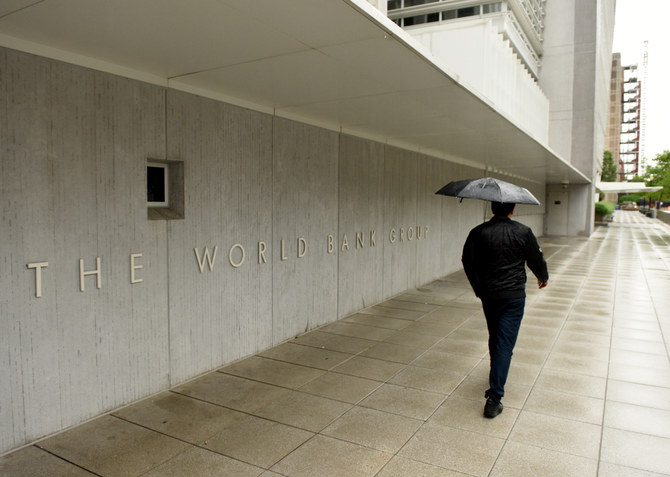RIYADH: Morocco’s water security is set to be strengthened after the World Bank agreed to finance a $350 million irrigation program.
The fund will support a subset of activities in the North African country, which aims to conserve 25 million cubic meters of drinkable water in supply distribution networks.
These activities include strengthening the sector’s governance, enhancing financial sustainability and water use efficiency, and enabling the integration of non-conventional resources.
“Providing access to natural resources, particularly water, while preserving them is essential for building a sustainable future in Morocco,” stated Jesko Hentschel, country director for the Maghreb and Malta at the World Bank.
He added: “To this end, this new program aims to reinforce water security for all in Morocco and provides support for the updating and the adoption of the National Water Plan that defines the 30-year vision for the water sector.”
Additionally, it seeks to achieve 52 million cubic meters of treated wastewater available for reuse, or 52 percent of the goal of 100 million cubic meters by 2030, added the report.
This step aligns with the World Bank’s strategic priorities in the Middle East and North Africa region, particularly in gender and climate change.
The program also facilitates the implementation of the recommendations made in the World Bank’s Morocco Country Climate and Development Report.
“This program will contribute to the government’s efforts to strengthen recognition of the value of water, increase transparency of costs along the water value chain and incentivize more efficient and rational uses of scarce water resources,” said Marcus Wishart, lead water resources management specialist and program co-leader at the World Bank.
According to a press release announcing the funding, Morocco is a climate hot spot and one of the world’s most water-stressed countries.
It added: “Water scarcity imposes significant economic constraints, which are expected to worsen as the country approaches the absolute threshold of 500 cubic meters of water per person per year by 2030.
“Climate change is likely to have cumulative and cascading effects on Morocco’s water security.”
The report further noted that the program intends to enhance the conditions that make desalination and the use of treated wastewater possible.
Source : ARABNEWS


